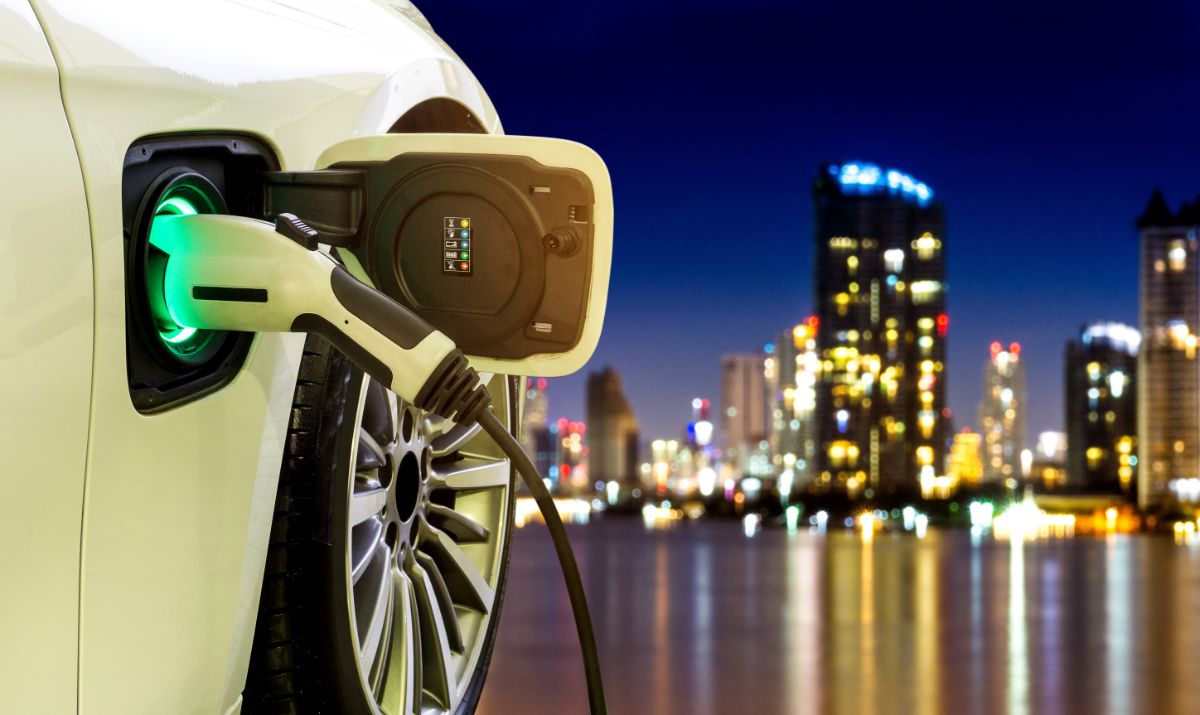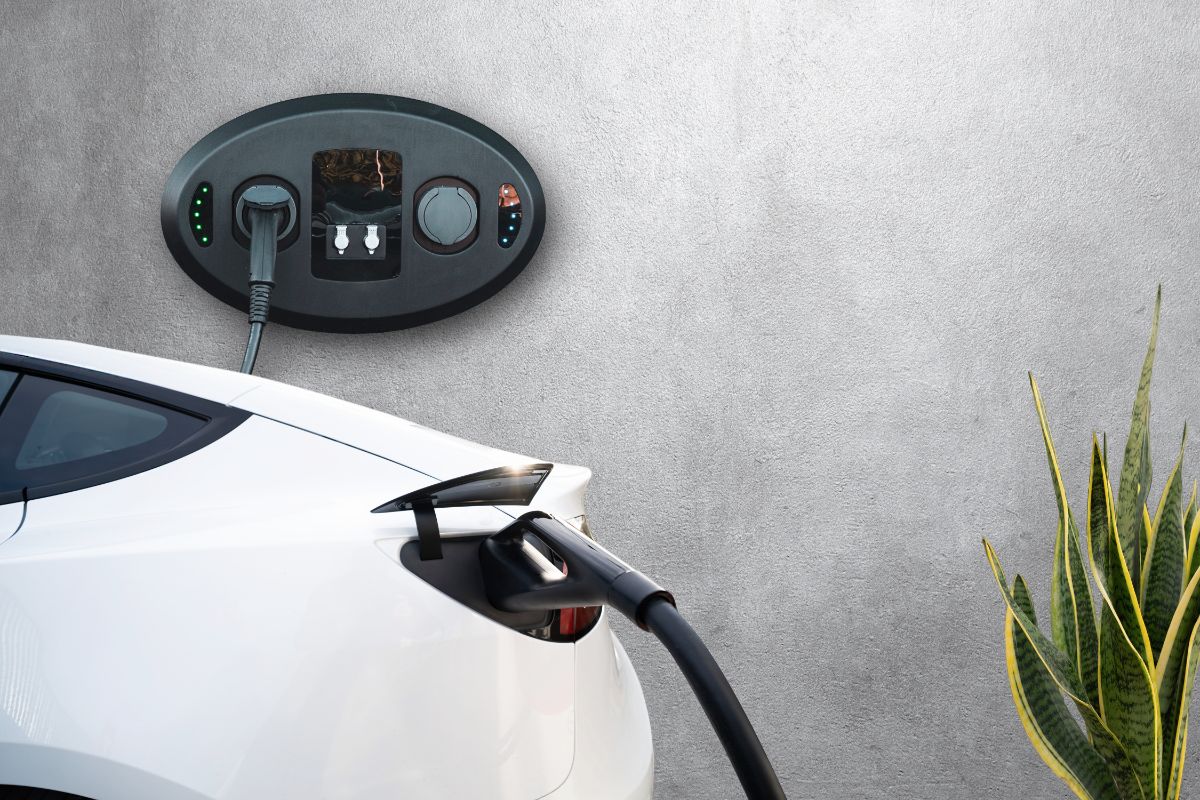
Some electric vehicles (EVs) do come with a charger you can use at home. It took me a bit of digging to find out which ones do though. It’s typically the Level 1 power you’d use at home unless you prepare for advanced installations.
Home Charging is Possible, With Some Issues
I found out you can access your EV at home. However, you may need a longer cord if you don’t have a garage and your vehicle is parked too far away from the inside your place. They’re probably most ideal for duplexes or single-family houses that do have outlets in an enclosed, private parking space.
If you need an extension cord for your EV charger, they’re not easy to find. They have to match with the charger you have, and it does have to match with your vehicle. The standard 110 or 120-volt chargers are the easiest to match with your electric car.
By the way, technology will improve, I’m sure. However, it may seem like it takes forever to charge your EV. Is it even worth it when you can pump gas in just a few minutes? Most people do it, however, to reduce carbon emissions into the air. They can also charge them while sleeping.
Levels of Home EV Charging
Level 1 – The Standard Household Outlet Charger
Most EV home chargers fit into 110- or 120-volt chargers and could take up to 13 hours to charge depending on your vehicle capabilities. I wouldn’t mind this if I’m at home anyway while my EV is on the charger.
I’m a bit nervous of the idea of leaving it unattended while plugged in, but I suppose it’s not any different than leaving any other electronic device plugged in all night.
Level 2 – Electric Vehicle Supply Equipment (EVSE) Charger
I’d need the Level 2 charger if I either forgot to charge my vehicle or drove too far since charging it last. It has a 240-volt capability, so it can replenish your EV battery in as little time as about two and a half hours. The exact charging time will depend on your make and model of vehicle, however.
Level 3 – Direct Current Fast Charger (DCFC)
A Level 3 can get you from almost zero to 80% in less than an hour. The DCFC charging isn’t free, however. It can cost you as much as it would for a tank of gas. However, you may end up traveling further than you would with a tank of petrol.
Concerning the satisfaction level of free charging versus using the fast charging option, here’s what Fred Meier says:
“A recent J.D. Power survey found that plug-in owners’ overall satisfaction with public charging stations was (no surprise) much higher when the charging was free. The gap was greatest for DC fast charging, which can be two or three times more expensive than charging at home.”
Fast charging usually costs more, but people don’t seem to mind paying for the convenience of not having to wait long. I don’t blame them. I probably would be willing to pay, especially if I’m a long way from home.
What Electric Cars Have Free Chargers?

Quite a few cars offer free charging services. These include some models of Audi E-Trons, the BMW I Grand Coupe and The Chevrolet Bolt EV. Other makes, such as Ford, Hyundai and Kia, also offer free charging.
Terms vary from unlimited for a specified number of miles to free charging for a certain period, such as three months or longer. These free charging options are for public charging though.
You would have to look up the specifications of each vehicle you’re interested in to see if they do provide a free charger. In some cases, you’ll have to buy it separately. For instance, Tesla used to include it in some of their vehicles and now they don’t.
According to Elon Musk, the Tesla CEO, that’s because “usage amongst owners was too low to justify supplying the cable with every new car delivery.”
I think that’s too bad. I hope they change their minds in the future when EV charger efficiencies improve. The company does, however, operate 25,000 charging stations around the world, and they will soon open them up to other EV brands.
How Much Does a Home EV Charger Installation Cost?

You don’t have to pay any extra for the Level 1 installation cost. If building a home, just install the standard household outlet into your garage. The EVSE Level 2 charger installation may cost you as little as $300 to about $3,000 or more.
Do Solar Chargers Work Too?
Solar chargers could provide you with power in between stations and when you’re not at home. They’re not as reliable on rainy or cloudy days, however.
Are Level 3 Chargers Available for Home Use?
Most Level 3 chargers are located at charging stations and are built for commercial use. However, demand has risen between 2017-2022. You can expect this level of charging to show up in homes in the future.
How Much Power Do EV Home Chargers Consume?
“Electric vehicle charging at home typically draws less than half the power of an electric furnace,” reported Energy.Gov Vehicles Technologies Office in 2017.
EVs all have different levels of efficiency. However, they can consume about 7,200 watts of power when charged with a Level 2 charger.



